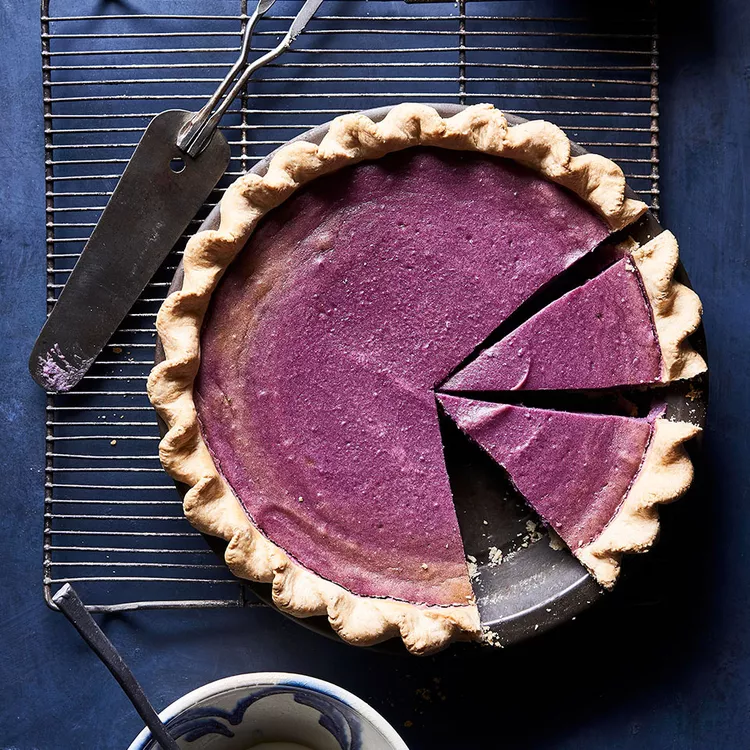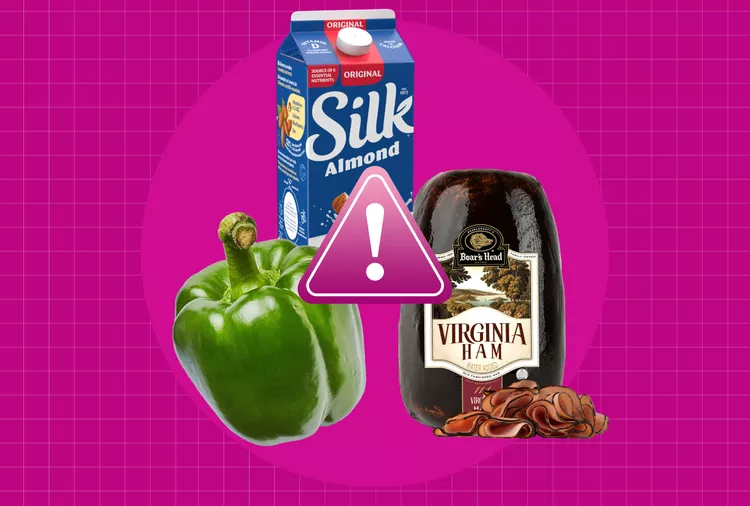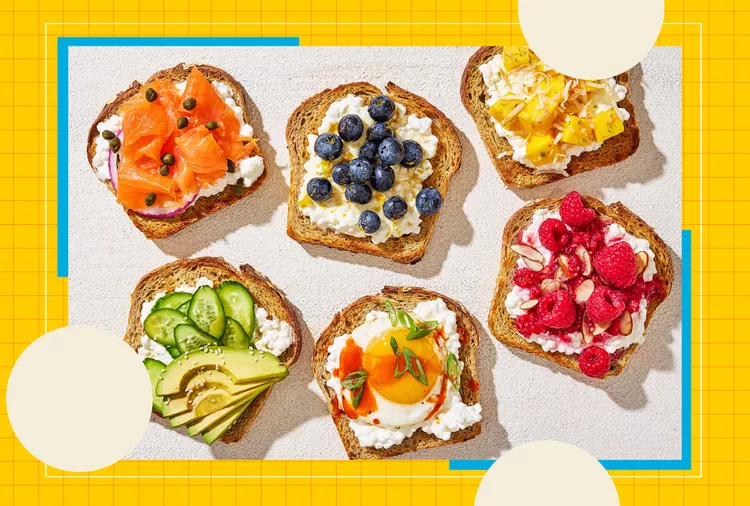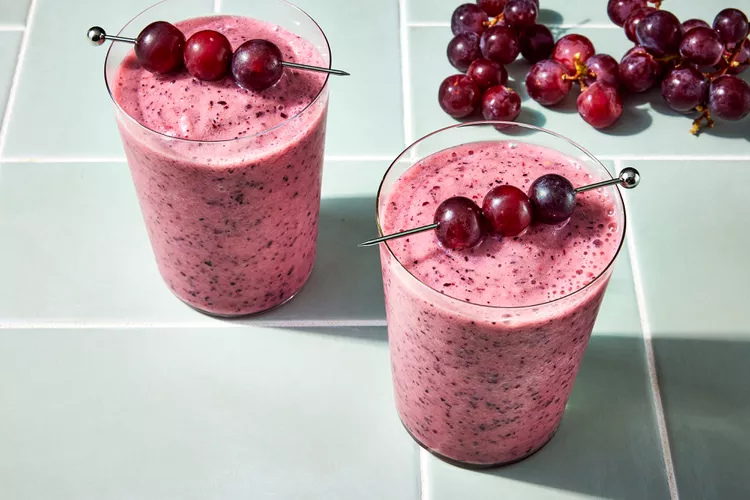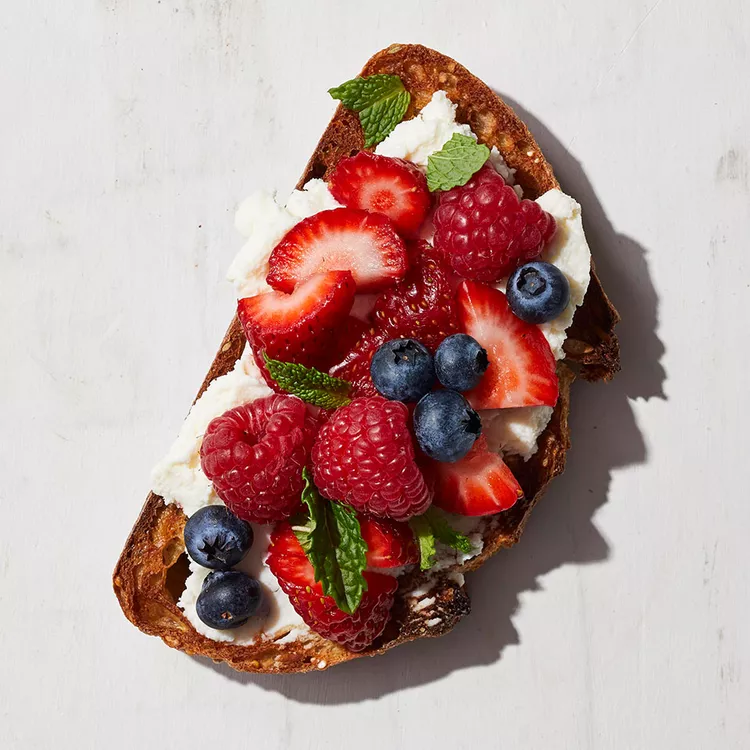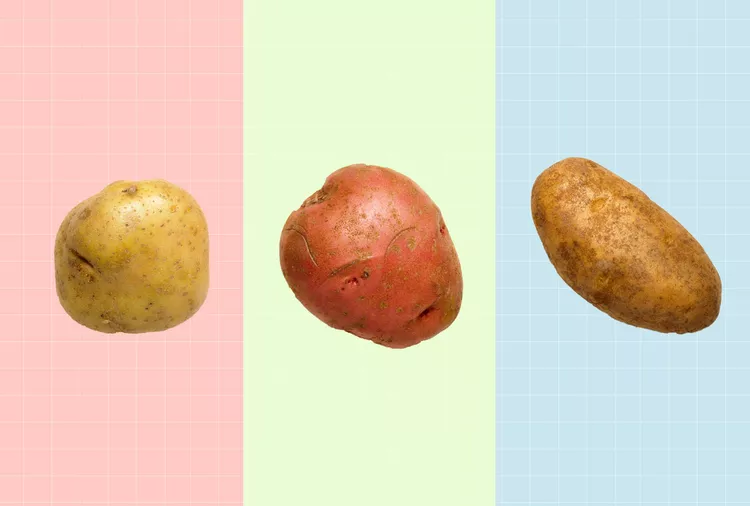Contents
Corn vs. Flour Tortillas
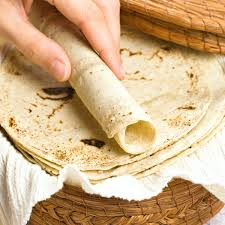
Are Corn Tortillas Gluten free: Corn tortillas typically pack more fiber and nutrients while being lower in fat and calories compared to their flour counterparts. Additionally, they’re a gluten-free option, making them ideal for individuals with gluten sensitivities or celiac disease. On the other hand, flour tortillas may be better suited for holding heartier or denser fillings due to their sturdier texture.
A staple in Mexican cuisine, tortillas are versatile and can be found in countless dishes. If you’re debating between corn and flour tortillas, it’s worth understanding their key differences to make the best choice for your dietary needs and preferences.
Production and Ingredients
Corn tortillas are traditionally made through nixtamalization, where corn is cooked and soaked in an alkaline solution, enhancing its nutritional value. The corn is then ground into masa and baked into thin flatbreads. While traditional versions use 100% corn, mass-produced corn tortillas might include a blend of corn flour and wheat flour, so always check the label if you’re avoiding gluten.
Flour tortillas, in contrast, are made from refined wheat flour, water, and often shortening or lard, creating a soft yet sturdy texture. While they are generally made with refined flour, you can opt for whole wheat varieties to add more fiber and nutrients.
Nutritional Comparison
Nutritionally, corn tortillas shine as a healthier option. They are lower in calories, fat, and carbs while being rich in fiber and magnesium, which supports digestion, heart health, and muscle function.
In contrast, flour tortillas contain more fat—often from added shortening or lard—but they provide higher amounts of iron, which helps in oxygen transport throughout the body.
| Nutritional Highlights | Corn Tortilla | Flour Tortilla |
| Calories | Lower | Higher |
| Fat | Lower | Higher |
| Fiber | Higher | Lower |
| Gluten-Free | Yes | No |
| Iron | Lower | Higher |
Which Tortilla is Healthier?
- Whole Grains: Corn tortillas, made from 100% corn, qualify as whole grains. They deliver more fiber, which promotes heart and digestive health. Whole wheat flour tortillas can also provide whole grains but may vary based on the product.
- Gluten-Free: Corn tortillas are the go-to option for anyone with gluten-related conditions. Flour tortillas, made from wheat, naturally contain gluten and should be avoided if you have celiac disease or gluten intolerance.
- Portion Size: Corn tortillas are generally smaller, making them easier for portion control. In contrast, flour tortillas are larger and more suited for dishes like burritos, which hold heavier fillings.
Key Considerations
- If your dish requires a more sturdy tortilla, such as for a burrito or wrap, opt for a whole wheat flour tortilla to add extra nutrients.
- Corn tortillas work well for traditional tacos, especially when paired with lighter fillings.
- For a balanced meal, focus on nutritious fillings like vegetables, beans, and lean proteins, regardless of your tortilla choice.
The Bottom Line
When it comes to health, corn tortillas take the lead with their fiber, whole grains, and lower calorie content. They’re also a safe and gluten-free option for those with dietary restrictions. However, flour tortillas can be a better choice for dishes with denser fillings.
The healthiest choice ultimately depends on your dietary needs and how you plan to use the tortillas. Whichever you choose, filling them with plenty of veggies and nutritious ingredients will help you create a delicious, balanced meal.
When it comes to health, corn tortillas take the lead as the healthier option compared to their flour counterparts. Packed with fiber, whole grains, and essential nutrients, they are naturally lower in fat and calories, making them ideal for a balanced diet.
Additionally, 100% corn tortillas are a safe and gluten-free choice, perfect for individuals with celiac disease or other gluten-related conditions.
However, if you don’t have a gluten sensitivity, flour tortillas might be a better pick when preparing dishes with heavier fillings, as they provide a more durable and sturdy base.
Regardless of your choice, ensure your meal is truly nutritious by filling your tortilla with an abundance of vegetables, beans, and other healthy ingredients to maximize the benefits.
